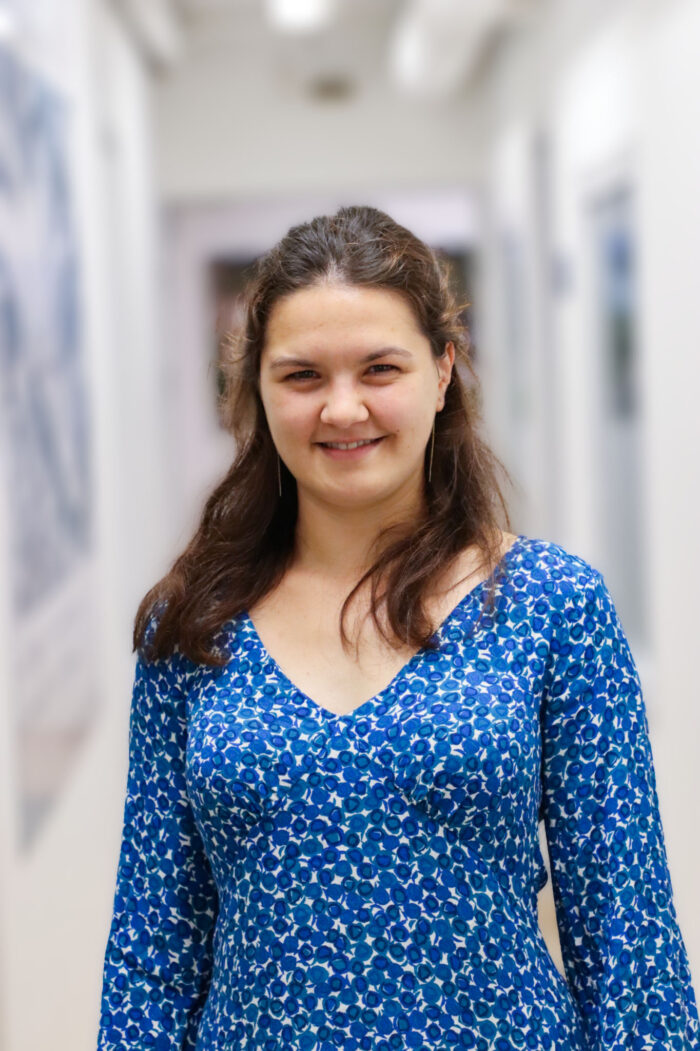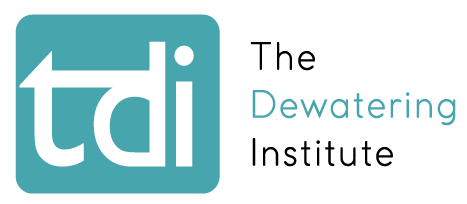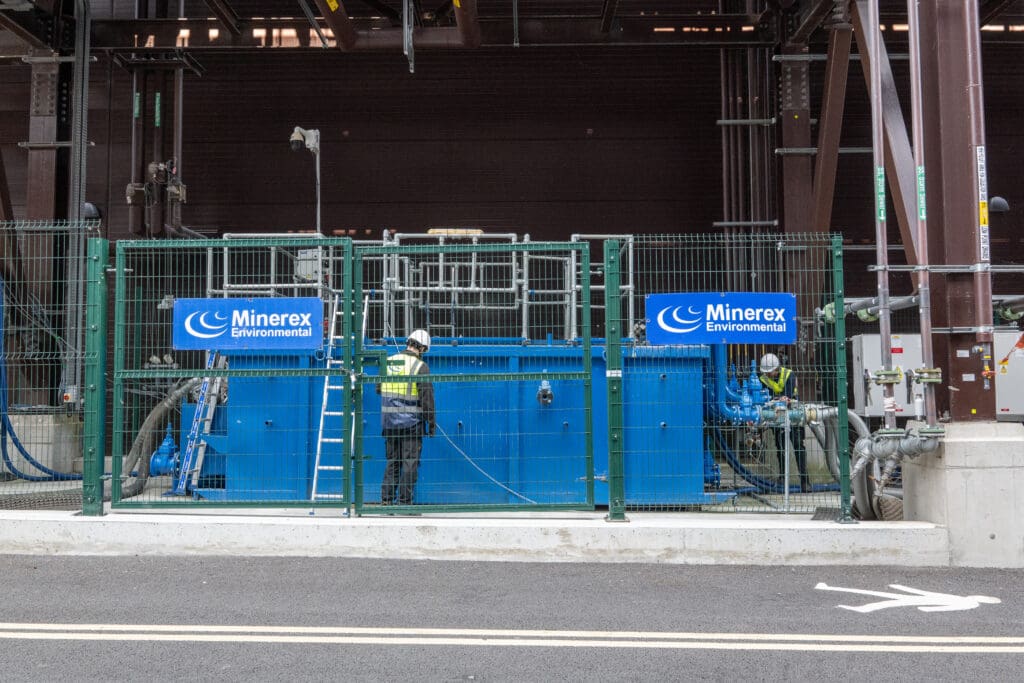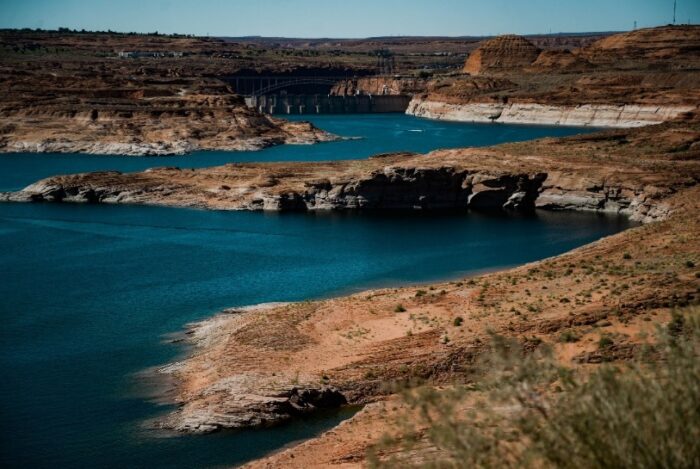As part of The Dewatering Institute ‘s commitment towards knowledge sharing, TDI is developing a series of monthly interviews of industry leaders and professionals from different parts of the world.
This month’s edition feature Laura Florea Geologist / Project Manager for Hölscher Jensen A/A that recently won the Young Professional of the year award.
Where do you find yourself currently in your career?
I find myself in an early growth stage of my career, where I am willing to develop my technical and geotechnical competencies. I have had the honour to achieve an early progress during the first two and a half years of my career, where I have been having the opportunity to develop project management skills as well.
How did you get into the dewatering industry and why?
The dewatering industry showed itself as a potential direction to me after graduation. One of my former peers has recommended this trajectory, and as I was open-minded to ideas of developing my career, I applied for a job in the dewatering industry for a project where juniors were sought after.

Were there projects that helped you kick start your career?
To my excitement, the very first project I was embarked on was an international-scale project, the Baltic Pipe, meant to transport Norwegian Gas from the North Sea to Poland via Denmark. I enrolled in the Jutland section of the project, where I assisted Hölscher Wasserbau in their mission to dewater the entire stretch where the pipeline was built.
The experience on this project, first as an assistant and then as a project engineer, propelled me to receive the responsibility as a project manager over the Green Gas Lolland project, in Southern Zealand, Denmark. There, I have additionally carried out planning and engineering works for groundwater lowering along the expected 45 km of pipeline.
What do you foresee the biggest challenges within the industry in the near future?
Depending on the location, duration, and conditions of the project, I see a great challenge in attracting young talents to dewatering industry due to the increasing tendency for flexibility in everyday life. However, I do think there are ways to counter such challenges by means of implementing rotation of shifts and balanced working hours over the duration of a project.
We live in a changing world that has also recently been impacted by a pandemic, which showed us that re-thinking the way we work is not something out of question and is rather beneficial to everyone.
How do you see technology playing part in the industry in the future?
The technology plays of course a major role in the dewatering industry, however, implementation of the said technology in an efficient and sustainable way is more important. Overall, there should be a balance between the use of technology and manpower, while keeping a keen eye on the impact on the local environment where it is used.
From my experience, often in the dewatering industry, the focus is rather on the fast-paced production which leads to overplanning and overuse of resources such as fossil fuels. While more environmentally friendly and more efficient alternatives are emerging, it is good to keep an open mind to innovating our existing materials and focus on the quality of the work with the use of technology.
What aspects of the industry do you think need improving?
I believe that the dewatering industry needs to improve in communicating and working together for improving the technologies used, developing and innovating the ways of executing works, as well as moving towards a greener transition.
Why do you think TDI is important for the industry and how it can help the industry develop?
TDI is bringing together experts and dewatering workers worldwide to facilitate communication, as well as to develop best practice models and to share efficient dewatering solutions among all parties. This way, the improvement in the areas mentioned earlier is much smoother, faster, and certainly exciting.
Moreover, TDI gives the opportunity to different companies, as well as individuals working with dewatering to bring up ideas, share their opinions, and be listened and considered. This works out as a good motivation and encourages people to join the industry and stay in it.

What was the greatest encouragement someone gave you while studying?
I believe that while studying, the main engine pushing me forward and encouraging me was my internal drive to learn. I knew that I was highly interested in Earth sciences since early education, and that was the way to pursue.
Therefore, it was not external factors that I relied on, but rather a self-conviction that by working professionally and being meticulous, I can exceed my limitations and eventually bring some positive contribution throughout my career.
By being fluent in several languages that is quite impressive, do you feel it is beneficial when dealing with global companies in our industry.
Being fluent in more than one’s mother tongue is important while in the dewatering industry. The working environment is almost always international, and there are often at least four to five languages spoken by the people working on the project. Therefore, to facilitate an efficient communication between everyone partaking in a dewatering project, especially when one is in a managerial position, speaking at least a basic level of multiple languages is essential.

What is your life motto?
Everything happens for a reason, and the choices we make are building up to that.








